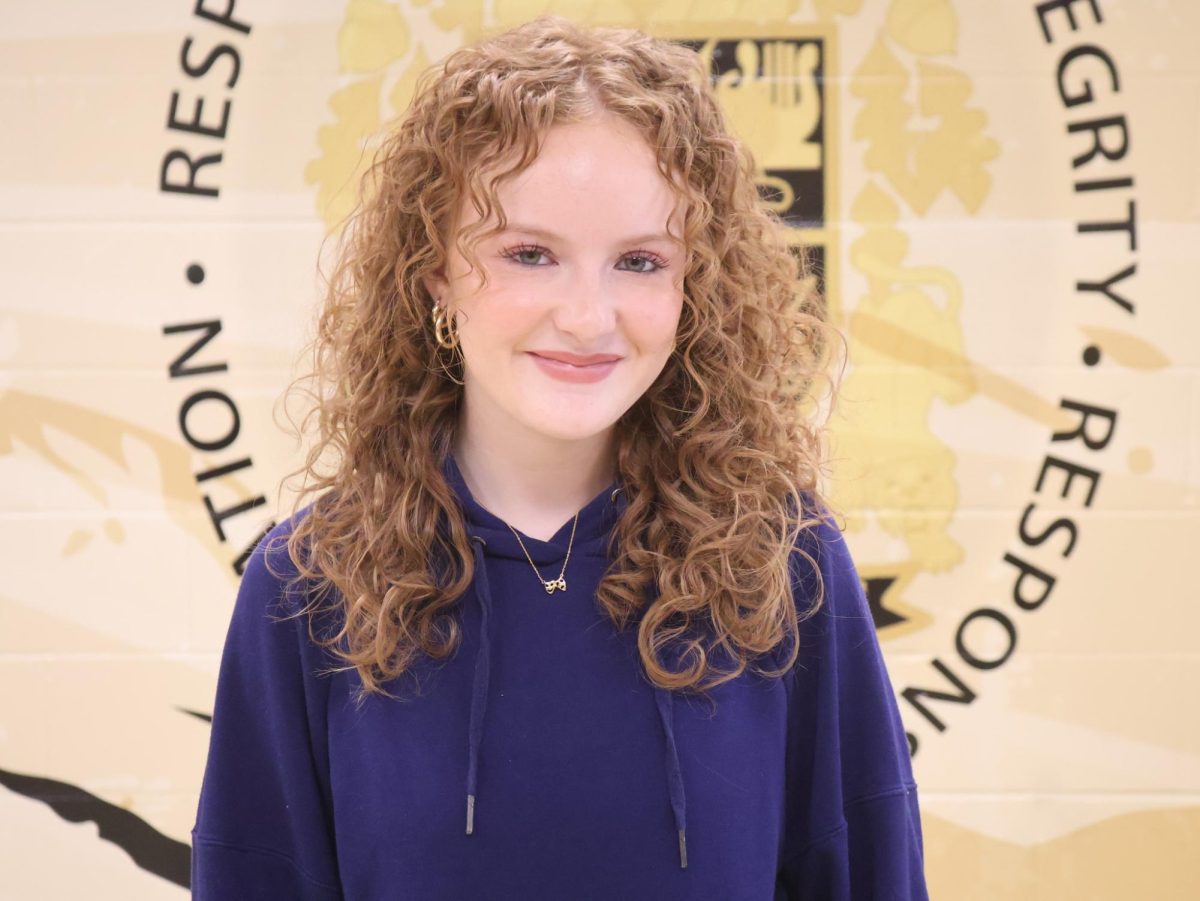After seeing one phase of public-engagement recommendations put in motion last November with voters’ approval of Proposition T, Mehlville School District officials have authorized a continuation of that program.
The Mehlville Board of Education last week unanimously voted to begin a second phase of COMPASS — Charting the Oakville-Mehlville Path to Advance Successful Schools.
Along with a new phase of COMPASS comes new leadership as former Board of Education member Candy Green will share the role of COMPASS Facilitating Team co-chair with former Beasley Elementary School Principal Jim Schibig.
Green replaces former Board of Education member Dan Fowler, who resigned as co-chair effective Jan. 1.
“I look forward to working with everyone,” Green told the Board of Education April 23. “I think that we’re at a real crossroads in our district. We need to bring more people into the fold working with COMPASS. We’ve got to get our young families involved. I went to a lot of the meetings and I loved seeing all of the administrators that were there and the employees that were there. But we’ve got to get some more people involved, and I hope that we can do that with our economy and everything we have. I feel for you. I know we have some real tough things going on. Prop T was very enlightening because I saw pangs of a new energy.”
COMPASS began in 2007 as a public-engagement program, and numerous community-engagement sessions took place in 2007 and 2008 at Bernard Middle School to gather residents’ input. After the COMPASS Facilitating Team — a collection of residents, administrators, employees, school-board members and students — whittled that community input into phased recommendations to improve the district, the team proposed two ballot measures.
In June 2008, the Facilitating Team recommended two ballot measures — a transfer of 31 cents per $100 of assessed valuation from the debt-service fund to the operating fund — which later became Proposition T — and a 37-cent tax-rate increase.
In the Nov. 4 election, Prop T was approved by more than 62 percent of voters. Prop T will transfer roughly 31 cents per $100 of assessed valuation from the district’s debt-service fund to the operating fund. The measure will generate roughly $5.6 million annually for the operating fund. Proposition T will not increase Mehlville’s overall tax rate, but will extend the district’s bonded indebtedness by 15 years — to 2029. But the school board rejected the Facilitating Team’s proposed 37-cent tax-rate increase after a July 2008 survey found that 59 percent of 400 participants would oppose it.
In approving the charge statement for the second phase of COMPASS, the Board of Education has directed the COMPASS group to report its recommendations to the board no later than May 2010. The exact charge given to the Facilitating Team “is to make recommendations to the Board of Education regarding next steps to be taken to implement the comprehensive plan for improving the performance of the district as proposed by COMPASS …”
The charge statement approved last week by the school board states:
“On June 24, 2008, after more than a year of community meetings, the COMPASS community-engagement program made its final report to the Board of Education. The report represented the work of thousands of community members working together to create a vision for Mehlville School District to meet or exceed standards of a top-performing school district.
“There are many indications of the community’s support for the COMPASS program and the direction it proposed for the district. In November 2008, more than 60 percent of those voting supported an initial step toward implementation of COMPASS recommendations by supporting the district’s ballot proposal.
“The Mehlville School Board of Education recognizes that the district’s mission and its COMPASS vision and recommendations cannot be fully achieved without ongoing community involvement and participation. Even with the successful referendum in November 2008, there is still much work to be done for COMPASS recommendations to be reality. Much of this work involves reconciling implementation of recommendations with the resources available to the district.”
The charge statement includes the following steps:
Continue the district’s process for strengthening communication and collaborative efforts with the community.
Fully analyze and understand the resources available.
Analyze the status of COMPASS recommendations following the successful passage of Prop T.
Continue to involve the community in planning for the district’s future.
Assist the district in informing and communicating to the community information about resources available to the district with respect to addressing the district’s mission and COMPASS recommendations.
Define priorities and steps to determine the future health and welfare of the district.
The Facilitating Team last June recommended four phases of improvements as part of a workable long-range plan.
The long-range plan’s first of four two-year phases included such programs and services as all-day kindergarten, early childhood expansion, English Language Learner teachers, counselors and elementary remedial-reading teachers and boosting staff salaries so they would “become equal to the county average.”
Facilities improvements in the first phase included appropriate facilities for all-day kindergarten, early childhood modifications and improvements in safety/security, indoor air quality, acoustics, student-learning environments, infrastructure and additional classroom and performing-arts space at each high school.
The second phase would include adding librarians, implementing portable one-to-one technology at the high schools and related technology staff and making further improvements to safety/security, infrastructure, learning environments and libraries.
The third phase calls for increasing college-credit classes and staffing as well as adding counselors, middle-school remedial-reading teachers, social workers and elementary physical-education teachers. The third phase also proposes expanding the district’s communications and curriculum programs and including summer staff development. Portable one-to-one technology would be implemented at the middle-school level, and facilities improvements to gyms as well as infrastructure and safety/security would take place.
The fourth phase calls for implementing elementary foreign language, further expanding the curriculum program and staffing, adding a district registrar, adding hall monitors and allowing staff salaries to be in the top 25 percent of St. Louis County.








